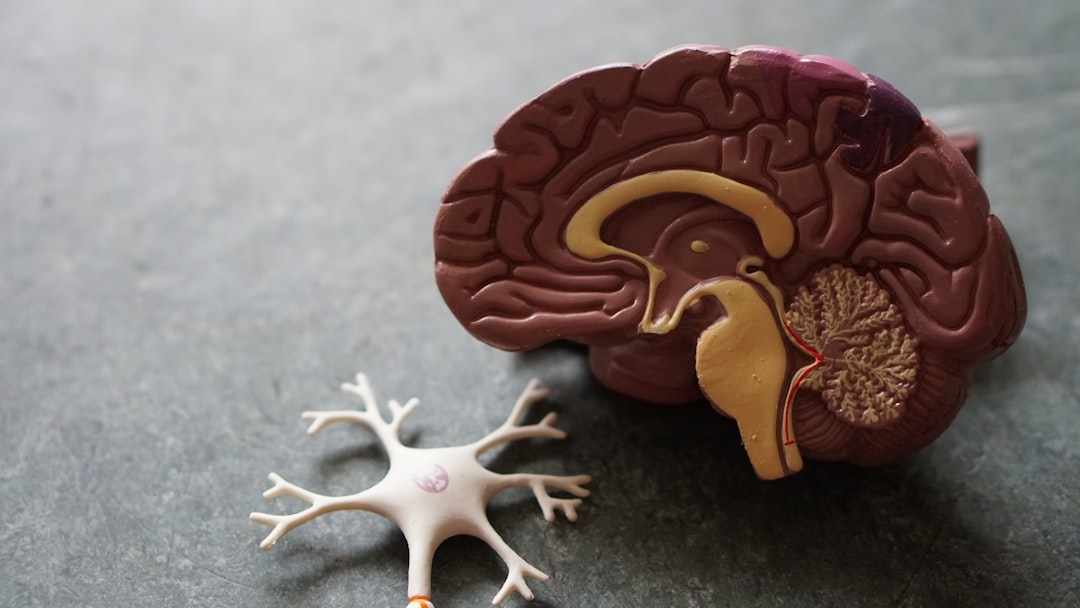What is it about?
This study synthesizes more than 50 years of experimental research to reveal the multiple ways loss of sleep undermines human emotional functioning, and increases risk for psychiatric disorders. We included 154 studies that deprived, restricted, or fragmented the sleep of a total of 5,717 individuals between the ages of 7-79 years. Findings revealed that sleep loss reduced positive affect, increased anxiety symptoms, and blunted arousal in response to emotional experiences. Findings for negative affect, reports of emotional valence in response to emotional stimuli, and depressive symptoms were mixed and depended on the type of sleep loss. Additional analyses indicated that the amount of sleep loss and the type of sleep loss (i.e., rapid eye movement sleep vs. deep sleep) may differentially impact emotional experiences.
Featured Image

Photo by Matthew Henry on Unsplash
Why is it important?
This study represents the most comprehensive quantitative synthesis of experimental sleep and emotion research to date, and provides strong evidence that periods of extended wakefulness, shortened sleep duration, and/or nighttime awakenings adversely influence human emotional functioning. Findings provide an integrative foundation for future research on sleep and emotion and elucidate the precise ways that inadequate sleep may impact our daytime emotional lives. Implications of these findings for individual and public health are considerable in a largely sleep-deprived society. Industries and sectors prone to sleep loss (e.g., first responders, pilots, truck drivers) should develop and adopt policies that prioritize sleep to mitigate against the risks to daytime function and wellbeing.
Read the Original
This page is a summary of: Sleep loss and emotion: A systematic review and meta-analysis of over 50 years of experimental research., Psychological Bulletin, December 2023, American Psychological Association (APA),
DOI: 10.1037/bul0000410.
You can read the full text:
Contributors
The following have contributed to this page










